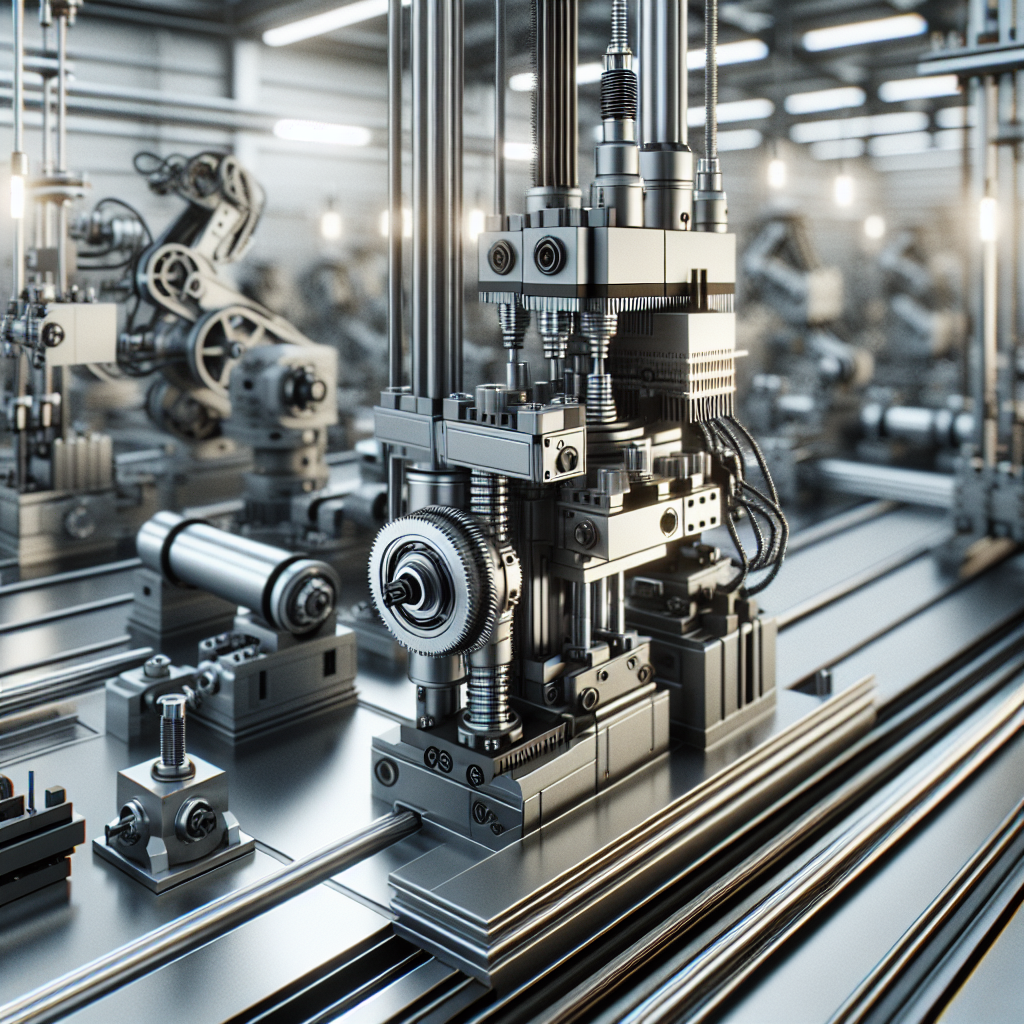Actuators play a crucial role in industrial automation, serving as the components that enable machines to move, control, and manipulate various processes. These devices are essential in transforming electrical signals into physical motion, allowing for precise control and operation of automated systems.
In industrial automation, actuators are used in a wide range of applications, such as controlling valves, pumps, conveyor belts, and robotic arms. They are responsible for converting the input signals from sensors or controllers into the desired mechanical movement, whether it be linear, rotary, or oscillatory.
One of the key benefits of actuators in industrial automation is their ability to provide accurate and repeatable motion control. This is essential in manufacturing processes where precision is critical, such as in assembly lines or machining operations. Actuators can ensure that components are positioned correctly and consistently, leading to improved product quality and efficiency.
Another advantage of actuators in industrial automation is their versatility and adaptability. These devices come in various types, including electric, hydraulic, and pneumatic actuators, each offering different capabilities and performance characteristics. This allows manufacturers to choose the most suitable actuator for their specific application, taking into account factors such as speed, force, and environmental conditions.
Furthermore, actuators can also enhance safety in industrial automation by reducing the need for manual intervention in hazardous or repetitive tasks. By automating certain processes with actuators, workers can be protected from potential risks and injuries, leading to a safer working environment.
Overall, the role of actuators in industrial automation is indispensable, enabling manufacturers to improve productivity, quality, and safety in their operations. As technology continues to advance, actuators will continue to play a crucial role in driving efficiency and innovation in the industrial sector.

Leave a Reply
You must be logged in to post a comment.